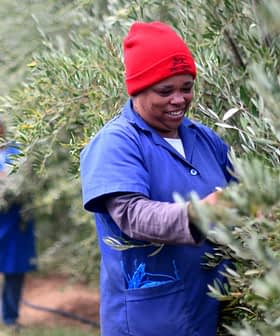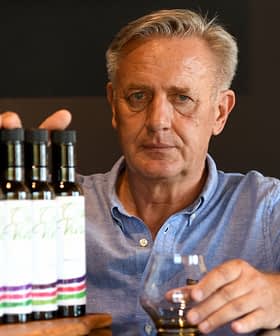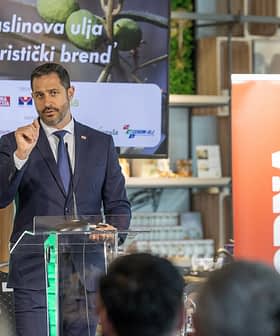Italy’s Bank of the Lands and Ismea, the Institute of Services for the Agricultural Food Market, have raised much more attention than they expected from young farmers seeking lands and businesses to cultivate.
Ismea, the institution behind the initiative, noted that in the last few months, 1,709 of what are called “new generation farmers” have applied to buy farming lots, groves and fields placed on the market by the bank.
See Also:New Bank Set to Auction Abandoned Farms in ItalyMost of the lots are abandoned or unused agricultural lands that cover a total of 10,000 hectares (almost 25,000 acres), mostly in Southern Italy.
The goal of the initiative is both to restore the areas while assisting the development of new profitable and advanced agricultural projects.
Auction winners under 41 years of age will buy the lands under special conditions, including access to special financing terms and tax breaks.
Revenue coming from the sale of the lands will be invested by the bank in the most promising agricultural projects presented by the new farmers to Ismea, who will also help them develop their new companies.
“A new generation of farmers is absolutely needed by Italian agriculture,” said Filippo Gallinella, president of the Agricultural Commission of Italian Chamber of Deputies.
“We need them to reduce the waste of too many uncultivated acres scattered throughout the country, and we also need them to revitalize the socio-economic fabric of many rural areas that in a few decades risk the depopulation,” he said.
This round of auctions, said Ismea, included 386 farming lots that average 26 hectares (64 acres). That is an area three times the current average Italian farming lot of 8 hectares (20 acres).
“The epidemic has shown the need for our country to improve its agricultural resilience and stressed the need to be more self-sufficient,” Gallinella said. “That is another reason we not only welcome the new farmers but will also work in Parliament to let them grow the quality, the innovation and the sustainability of their projects.”









